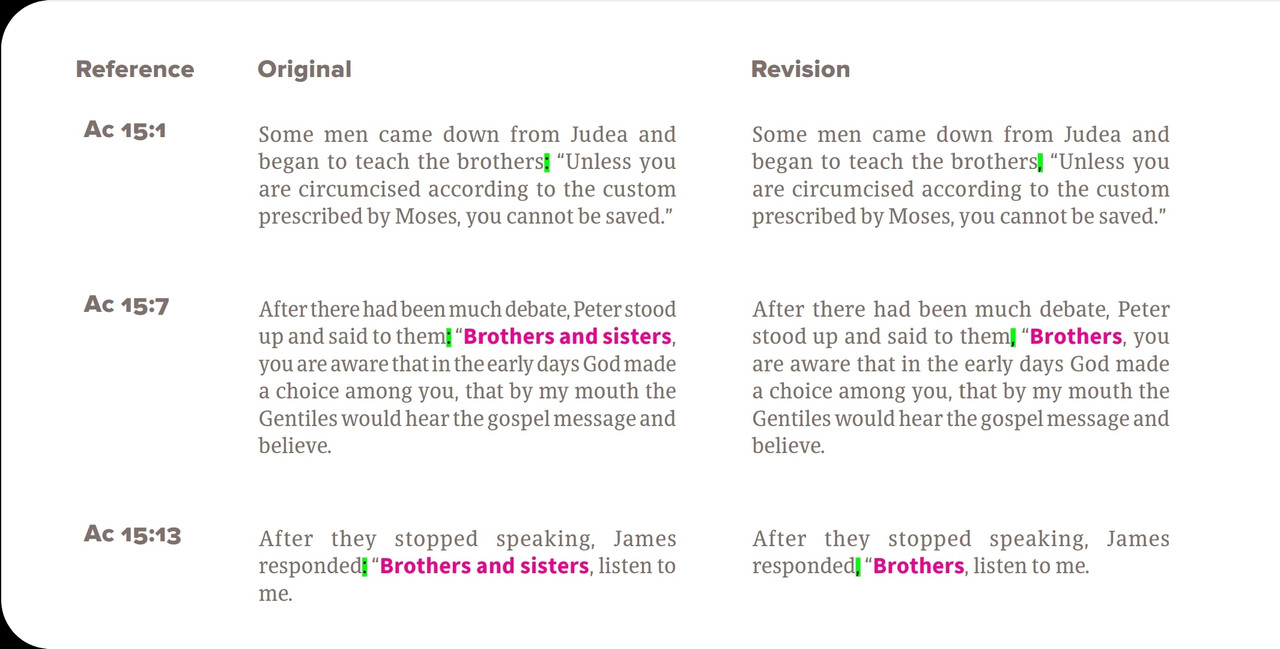Your unbelief is problematic.
In Acts of the Apostles 1:15, is a change from verse 14, saying "And in those days . . ." is a change in what was being said in v.14.
There are some unmentioned core issues, the main one in this thread has to do with translation and the immutability of the written word of God.
Who is held responsible in the fall, the man or the woman?
(1) The conjunction “AND” with its greatest understanding certainly denotes a continuing thought.
At its least it signals an end of the previous sentence and the beginning of another (like our period mark.).
(2) Translation methods are a point of debate. Personally I encourage readers of Scripture to consult many different versions for the very reason that sometimes varying translation methods can clarify and bring out meanings that a single source cannot.
(3) Now “immutability” is a topic that you alone have brought up.
Pardon me but don’t be so high-minded to think that your opinion is the only correct way to think and so you are arguing God’s truth.
Nowhere is immutability an issue in this discussion, both are opinions, viewpoints, (unless you take the position that translations are fully re-inspired by God).
(4) Follow out the opinion that “Men and brothers” is the only way the phrase should be translated...does that mean women are excluded from fellowship?
Rob

